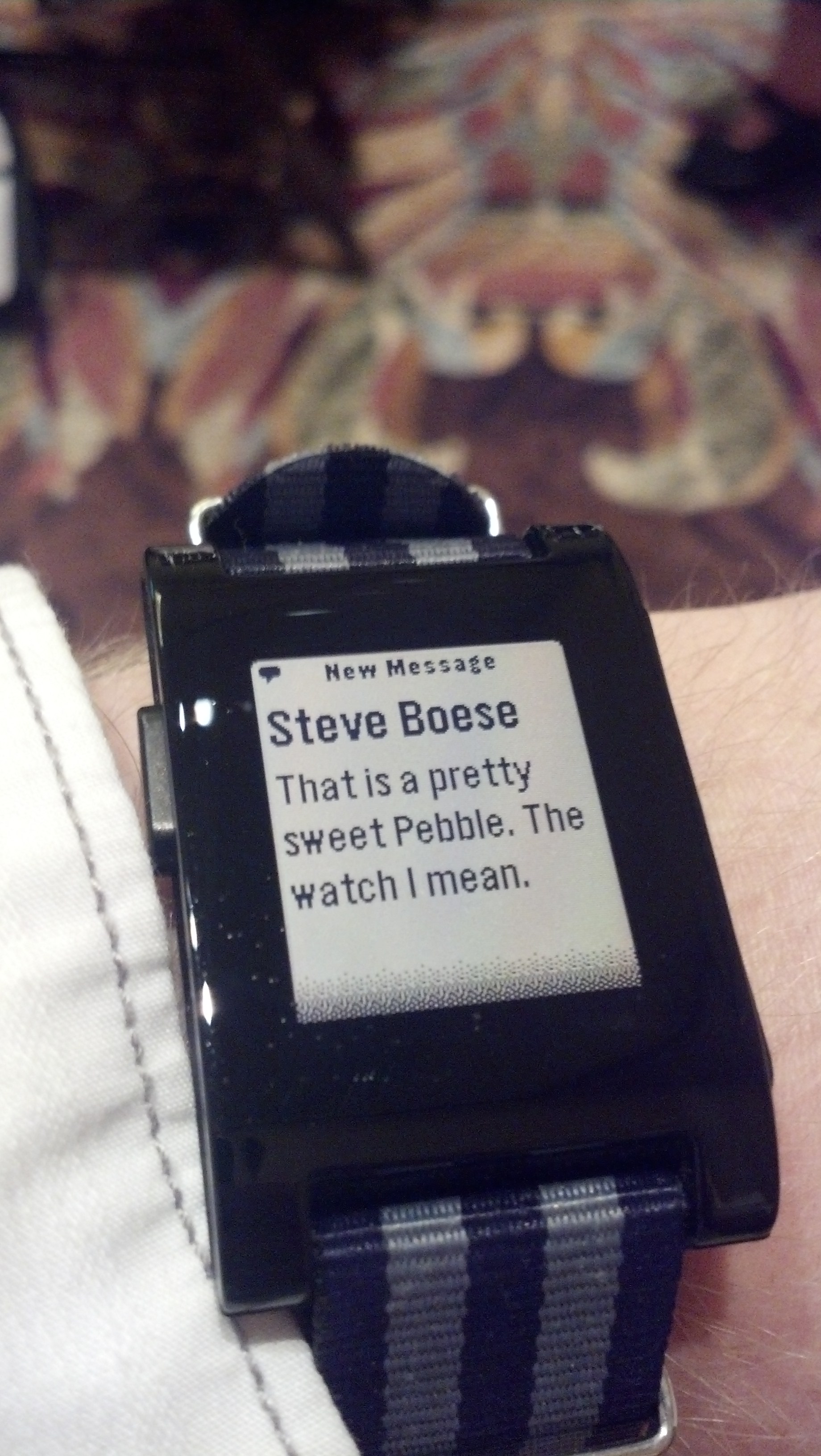By 2015, you'd better be a content creator
I peeled my eyes away long enough from the ongoing drama at Rutgers University (by the way, catch a special HR Happy Hour Show on all things Rutgers here), to catch the news that market research and analyst firm IDC is predicting that by 2015 global shipments of tablet devices are expected to overtake shipments of PCs.
Here are the specifics of what IDC is forecasting for tablets and PCs as reported by Bloomberg:
Tablet shipments are projected to grow 45 percent from this year to reach 332.4 million in 2015, compared with an estimated 322.7 million for PCs, according to Framingham, Massachusetts-based IDC. PC shipments may decline 7.8 percent this year, the worst annual drop on record, the researcher said, a revision from its prior projection for a 1.3 percent decrease.
Pretty interesting if not terribly surprising I suppose. Just think about how much personal computing (taken generally) has changed since the introduction of the first iPad just a few years ago. Chances are you or someone in your family, or maybe everyone in your family, had jumped into the tablet craze. And why not? Tables are fantastic for watching movies on the plane, checking up on your social networks, playing games, and sure, tapping out that odd email or two when you are on the road or on a plane. 
Pretty obvious right? But worth repeating and thinking about what this means. Hers is more from the Bloomberg piece:
More portable, affordable and backed by hundreds of thousands of applications, tablets are replacing PCs as consumers’ main tool for checking e-mail, browsing websites and accessing music and movies.
Read it again and think about what, so far, you and pretty much everyone else does with a tablet. You sit back. You relax maybe. You have the TV on while you are messing with your iPad. You consume. Movies, books, your friend's updates on Facebook. Sure you might send the odd email or two, but you probably read 10 more for every one you actually create and send.
If the trends in the growth of tablet shipments that IDC predicts are accurate, then in just a couple of years more personal devices that are primarily oriented on consuming content will hit the market than ones whose primary purpose is creating content. All the content that you and me and most working stiffs create, even boring content like spreadsheets and slide decks, (that pay the bills for lots of us), are created on PCs. Even 'creative' stuff like blog posts (other blogs I mean), and graphics and podcast and video editing - all done on PCs or more powerful machines.
To date, hardly anything is created on tablets. That doesn't mean they aren't amazing tools and certainly the growth and trends indicate the market values the form factor and capability. But mostly, and probably for a while, they will exist for personal and business use cases as consumption devices.
And by 2015 and beyond, with more and more of these consumption devices out in the world it seems to me the place you want to be isn't sitting back on the couch consuming right along with everyone else. It seems to me the place you want to be is on the content creation side.
I think you want to be the person pushing content and value (and hopefully getting paid for it), to these millions and millions of consumption devices.
But that is just my opinion.
Written on a PC.

 Steve
Steve



